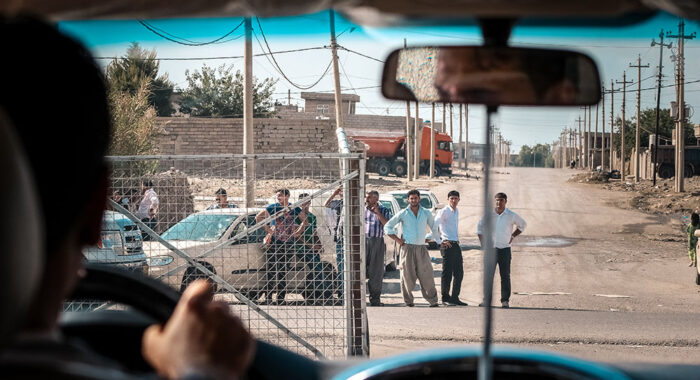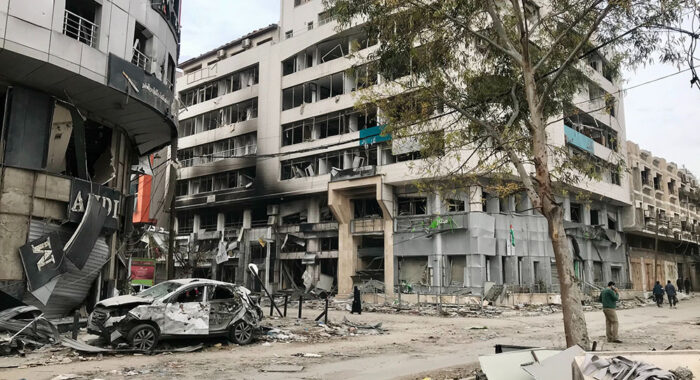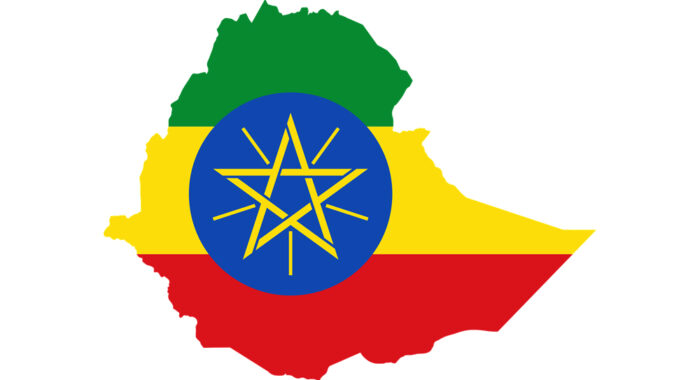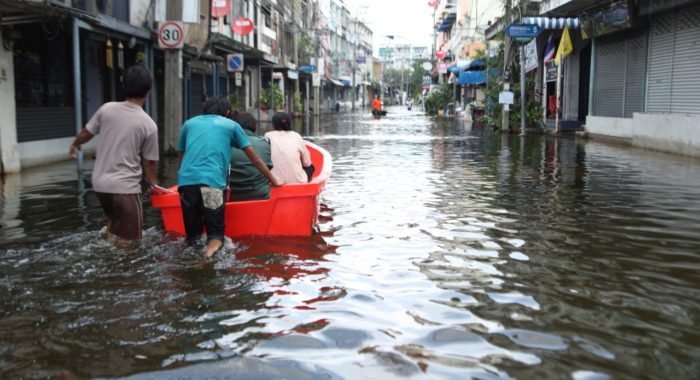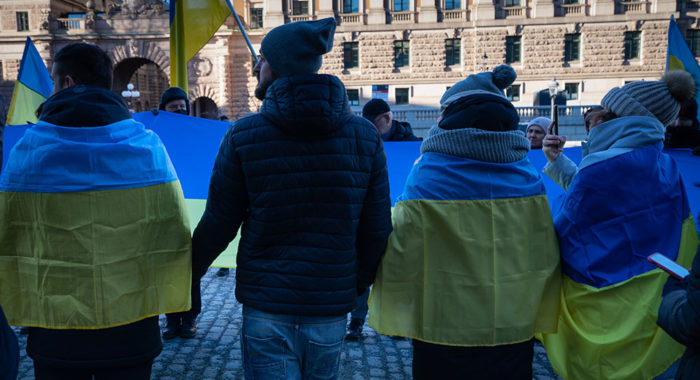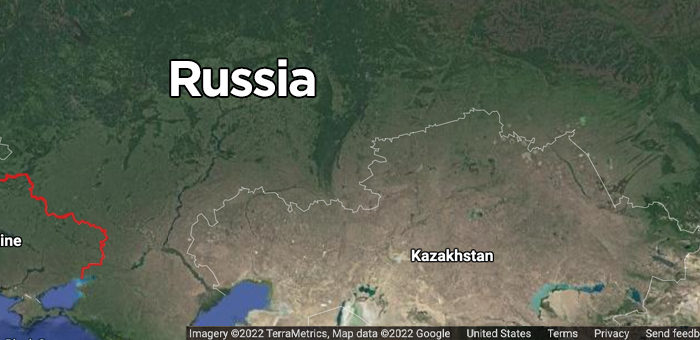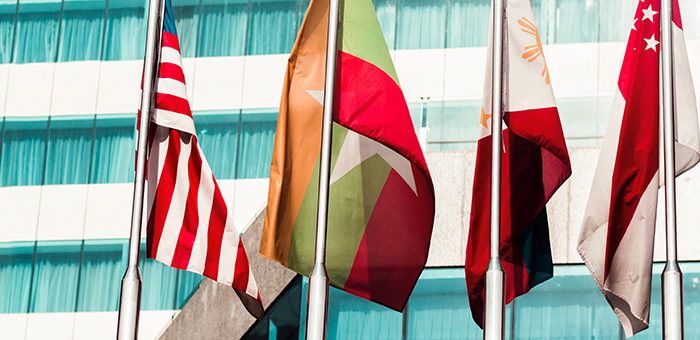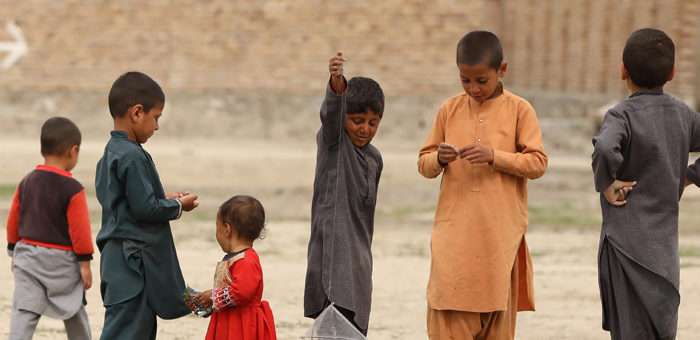
Over 90 percent of evangelical leaders who participated in the March/April Evangelical Leaders Survey think Israel should allow more humanitarian aid into Gaza.
“Israel has every right to defend itself against enemies who seek their destruction, but blocking life-saving assistance to civilians caught in harm’s way must not be part of the strategy,” said NAE President Walter Kim. “There are legitimate concerns about the difficulty of ensuring that humanitarian aid gets to the noncombatants who desperately need it, complicated by Hamas’ use of civilians as human shields. But war crimes by one side do not justify producing humanitarian crises by the other.”
Since 2007, Gaza, a small strip of land along the coastline of Israel that is home to approximately 2 million Palestinians has been ruled by the terrorist group, Hamas. On October 7, 2023, Hamas launched a brutal attack on Israel, killing more than 1,200 civilians and taking more than 200 hostages. In response Israel launched a military campaign against Hamas and has blocked most humanitarian aid from entering Gaza.
Most evangelical leaders support increasing humanitarian access to Gaza, although several expressed concern that aid would fall into the hands of the terrorist group and not reach its intended recipients. “Without clear supervision such aid may be used for military purposes by Hamas,” said Doug Beacham, general superintendent of International Pentecostal Holiness Church.
Gregory Johnson, president and director of Standing Together, expressed a similar concern, and added, “The desperate situation that non-Hamas Palestinian citizens are facing because of Hamas is beyond horrible, and I pray for their relief to come.”
Other leaders emphasized the responsibility of Christians to help. “There are always innocent victims in any war, and their suffering should be alleviated by all means possible, especially by followers of Jesus,” said Kevin McBride, pastor of Raymond Baptist Church in Raymond, New Hampshire.
“It is critically important to alleviate the suffering … and slow starvation … of the innocent Palestinians, most of whom are women and children,” said Colin Watson, executive director emeritus of the Christian Reformed Church in North America.
Gabriel Salguero, president of the National Latino Evangelical Coalition, added, “We should, at the same time, continue to call for the immediate release of all hostages held by Hamas. We can both denounce the terrorism perpetrated by Hamas and support aid to civilians caught in this conflict.”
Jim Lyon, general director of the Church of God (Anderson, Indiana), underscored the role of aid in creating the conditions for peace and reconciliation. “The risks of constricting humanitarian aid in this crisis far outweigh the risks of opening further channels of relief. The Gaza tragedy fuels anger, hatred and bitterness in Palestine (and beyond) in the face of increasing suffering, even as the Hamas massacres and violence have fueled anger, hatred and bitterness in Israel (and beyond).”
On April 24, President Biden signed an emergency supplemental appropriations bill passed by Congress that includes $9.2 billion in food, shelter and basic services for the humanitarian crises in Gaza, Sudan, Ukraine and elsewhere.
“We are grateful to our leaders in Congress for coming together on a bipartisan basis to approve this urgently needed lifesaving aid,” said Kim. “We pray for those who are suffering, for those who will deliver the aid, and for those working for a just and sustainable peace.”
The Evangelical Leaders Survey is a monthly poll of the Board of Directors of the National Association of Evangelicals. They include the CEOs of denominations and representatives of a broad array of evangelical organizations including missions, universities, publishers and churches.



 View All Surveys
View All Surveys 

